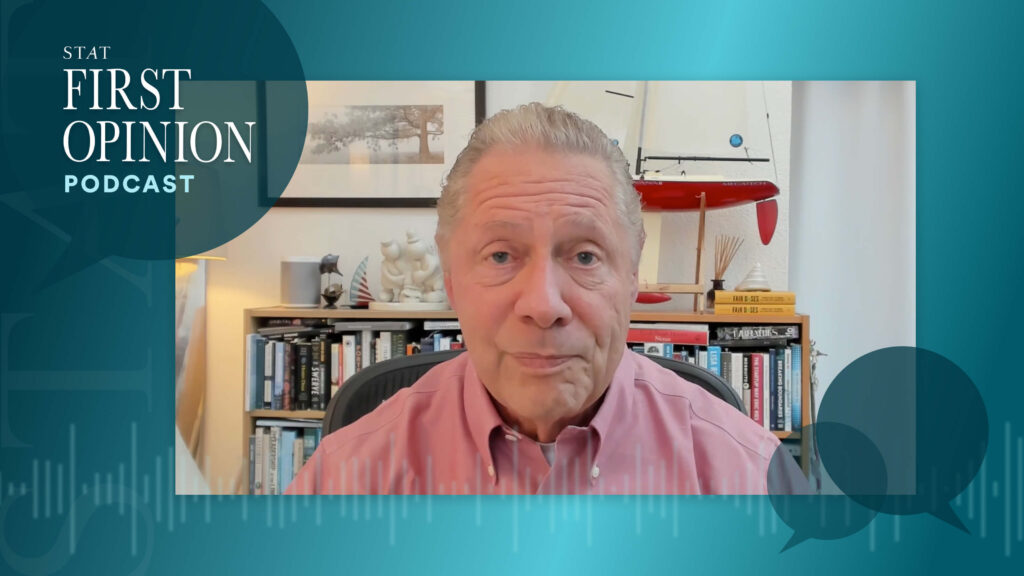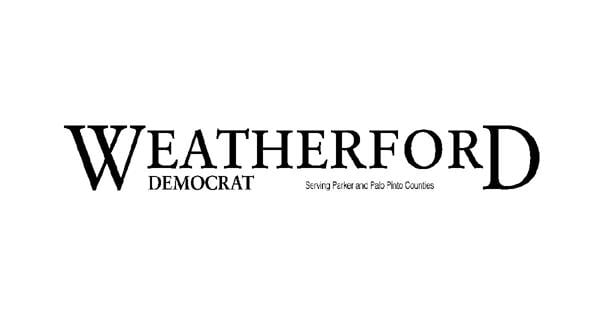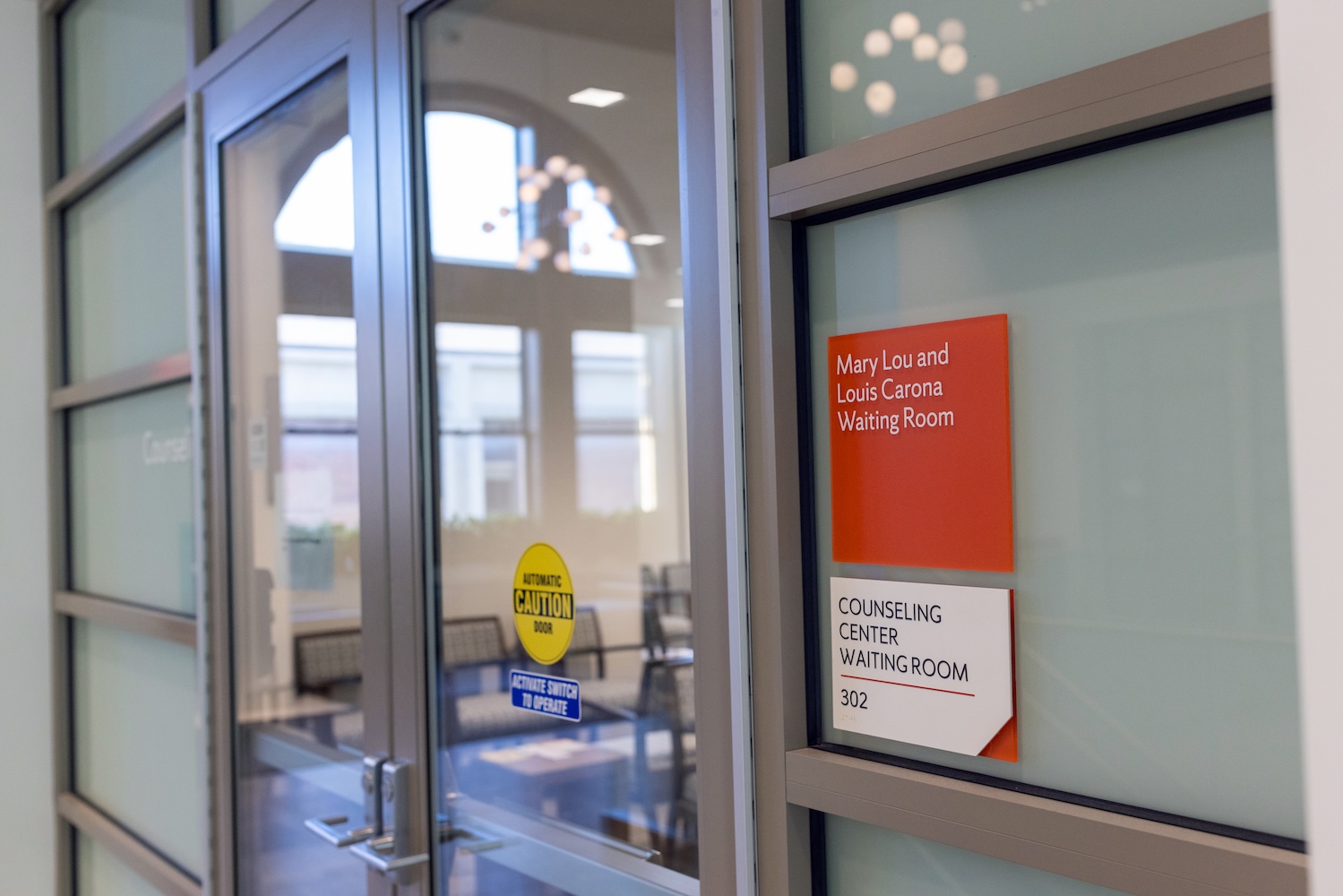Global health expert and epidemiologist Seth Berkley has issued a stark warning regarding the future of pandemic preparedness, emphasizing that current funding cuts and vaccine hesitancy could hinder the world’s ability to respond effectively to future health crises. Speaking on the “First Opinion Podcast,” Berkley, who served as CEO of Gavi, the Vaccine Alliance, highlighted the pressing need for global health organizations to prioritize both immediate vaccine distribution and long-term pandemic readiness.
Berkley noted that organizations are facing a “devil’s choice.” They can either focus on delivering essential vaccinations to populations now or prepare for another pandemic, which he insists is inevitable. “We have to understand that evolutionarily, more outbreaks and pandemics will occur,” he stated, adding that the lessons learned from the Covid-19 pandemic must inform future responses.
Reflecting on his experiences during the pandemic, Berkley pointed to the rapid development of vaccines, which was unprecedented. The first Covid-19 vaccine was created in less than a year, a feat that previously would have taken years. He stated, “The fastest vaccine before Covid was for mumps, which took four years. This time, it was just 327 days.” This remarkable speed showcases the advancements in vaccine technology but also highlights the challenges that remain, particularly concerning equitable access.
Vaccine Hesitancy and Its Implications
A significant part of the conversation revolved around vaccine hesitancy, a persistent issue that has been exacerbated by misinformation. Berkley explained that vaccine hesitancy has existed since the introduction of the first vaccine but has surged recently due to the influence of social media. Interestingly, he pointed out that high-income countries, such as the United States, have seen more hesitancy compared to developing nations. “In the developing world, the impact of diseases is much more visible, making people more inclined to vaccinate,” he said.
Berkley also warned that communities that were once receptive to vaccinations are now facing increased skepticism, particularly in areas where misinformation from political leaders has taken root. “The rumors that proliferated during Covid have made it more challenging for local health workers to build trust,” he noted.
As the world looks ahead to potential new pandemics, Berkley expressed concern about the current state of preparedness. He rated global readiness at a mere two or three out of ten. “We were not prepared for the last pandemic, and since then, resources have been pulled from institutions that are crucial for pandemic readiness,” he stated. He further emphasized that more Americans died from Covid-19 than in all military conflicts since the Civil War, underscoring the importance of prioritizing public health funding.
Strategic Actions for Future Preparedness
Berkley called for immediate action to enhance global health systems, particularly focusing on the so-called “zero dose” children—those who have not received even a single vaccine dose. He highlighted that a significant portion of under-vaccinated children reside in urban slums or are displaced individuals. “If we can extend health systems to these populations, we can prevent future outbreaks and improve overall health security,” he explained.
Moreover, he stressed the importance of building a robust early warning system for detecting infectious diseases. Drawing from the lessons learned during the Ebola outbreak in 2014, he emphasized that timely diagnosis and intervention are critical to preventing widespread disease.
Despite the challenges, Berkley remains optimistic about new advancements in vaccine technology. He cited innovative methods of vaccine delivery, such as heat-stable patches that can be administered by non-trained individuals, as promising developments. “There is a lot of exciting science happening, and if we continue to invest in it, we can make significant strides,” he stated.
Berkley concluded by advocating for the importance of global collaboration in health security. “Investing in global health not only protects vulnerable populations but also enhances security for all countries,” he said, urging stakeholders to recognize the interconnectedness of health systems worldwide.
In the face of an uncertain future, Berkley’s insights serve as a critical reminder of the necessity for sustained investment and preparation to mitigate the impacts of future pandemics.







